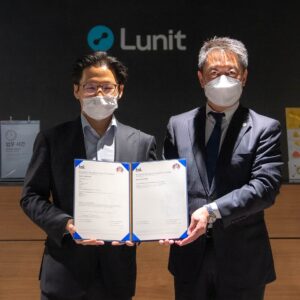
EnsoData has received the US Food and Drug Administration (FDA) 510(k) clearance for its technology that enables artificial intelligence (AI)-driven sleep diagnosis by using the regulator-cleared pulse oximetry (pulse ox) devices.
By utilising EnsoSleep PPG scoring, widely accessible and wearable pulse oximetry technology can offer a high-quality, accessible, and cost-effective method for diagnosing sleep disorders, including sleep apnoea, said the company.
According to EnsoData, early and precise diagnosis of sleep apnoea can help clinicians avoid complications and lower healthcare expenses.
The US-based healthcare technology company also has an FDA-cleared diagnostic AI analysis and sleep scoring solution, dubbed EnsoSleep. The solution uses machine learning to analyse data from traditional sleep studies to assist physicians in the diagnosis of sleep disorders.
Following the new approval, EnsoSleep PPG will facilitate AI-driven analysis of the photoplethysmogram (PPG) data acquired by pulse oximeters.
This will give doctors additional opportunities to effectively reach an undiagnosed patient population, EnsoData said.
EnsoData CEO Justin Mortara said: “Expanding EnsoData’s capability to collect and analyse PPG signals from simple, wearable pulse ox devices will accelerate the identification, diagnosis and treatment of sleep disordered breathing events, including sleep apnoea.
“With this latest FDA clearance, we expect to build upon and diversify our partner ecosystem to reach more patients with our leading AI solutions.”
Pulse oximeters are said to be more affordable and compact than the previous generations of sleep diagnostic devices.
EnsoData said these devices are easy to wear as a watch or ring. They collect physiological data relating to breathing and sleep, including heart rate and oxygen saturation levels in patients.
EnsoSleep PPG’s deep learning models use this data to automatically identify respiratory events. This includes sleep-disordered breathing events like apnoeas or hypopneas, as well as sleep stages and other sleep measures.
These findings can then be edited and displayed by a qualified healthcare provider and exported into a patient’s final sleep report.
The healthcare technology firm said that these solutions can minimise the barrier to receiving an appropriate sleep test using more commonly available pulse oximeters.




